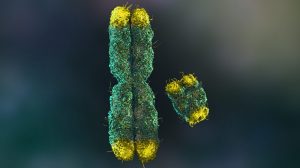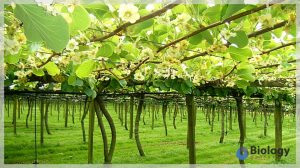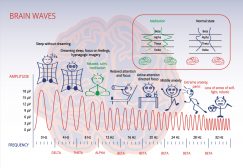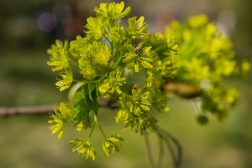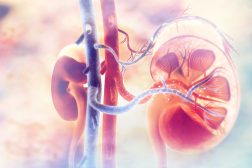Definition
noun
A book of binomial nomenclature introduced by a Swedish botanist, zoologist and physician Carolous Linnaeus as the basis for Linnaean taxonomy.
Supplement
The first edition of this book was published in 1735 and the 10th edition was published in 1758 that served as the most important and useful reference until recent times indicates the system of nature all the way through the three kingdoms of nature such as the animal kingdom, plant kingdom and kingdom of stones which signifies according to class, orders, genera and species with character differences thus, dole out as an evidence for the starting point of zoological nomenclature.
In the 10th edition of this book he presented a new classification for the plant kingdom in which new sexual classification of species elaborately structured wherein similar number of stamen belongs to the same group. The animal kingdom was also subjected to a new classification that categorized human together with the groups of monkeys for the first time and classify whales from the fishes into the group of mammals.
The 13th edition of this book published in 1770 which comprises 3000 pages. It fascinated more attention among the taxonomist and botanist because of its significant transformation in classification. In recent time nothing comparable to Systema Naturae since species nowadays become too many to be placed in one book and new species has been discovered and described in the discipline of Systematic as important part of Biology.
Word Origin: Systema= “system” + Naturae= “nature”
See also:
• botanical nomenclature
• taxonomy

